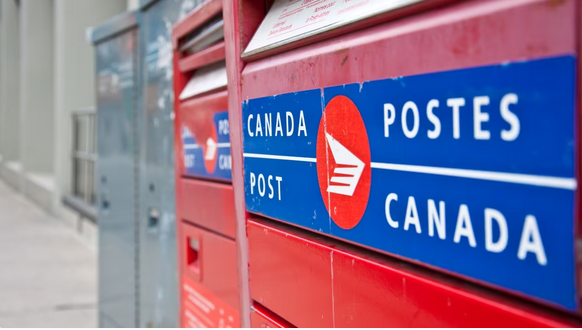Housing affordability: Toronto unanimously approves down payment help for higher-income earners
Toronto councillors have greenlit changes to their affordable home ownership strategy that will allow assistance for higher-income earners, in recognition that city hall was continually falling short of its own targets.
The city’s program previously operated by waiving fees for housing organizations such as Habitat for Humanity and Options for Homes, with the idea that savings would be passed on as down payment assistance loans for low-to-mid-income earners.
The revamp approved in a unanimous vote Wednesday adds new fee waivers and options for non-profits to partner with private developers, while raising the income levels eligible for assistance.
Where the program to date has capped prospective homebuyers’ incomes at the 60th percentile, or around $102,000 this year, council has now approved assistance for households as high as the 80th percentile of earnings, or around $160,000.
While staff faced a handful of questions on the strategy’s details from councillors Chris Moise (Ward 13, Toronto Centre) and Stephen Holyday (Ward 2, Etobicoke Centre) during the council meeting, including questions about how participants gained equity, the changes were approved without heavy debate. Housing committee chair Gord Perks (Ward 4, Parkdale—High Park) offered just four words of commentary before the vote was held: “Vote yes, thank you.”
The overhaul of Toronto’s affordable home ownership strategy was sparked by limited uptake, with city hall acknowledging it was “typically” falling short of its target of helping 400 households per year — as well as the province recently mandating that cities provide fee waivers to non-profits. While staff blamed a number of factors, from higher interest rates to a relatively limited number of interested builders, a major challenge has been bridging the widening gap between Torontonians’ incomes and housing costs.
The city considers home ownership affordable when housing bills take up no more than 30 per cent of a household’s earnings. City housing development director Noah Slater, in a previous interview with the Star, raised the example of a $750,000 condo. For a family at the 80th percentile of earnings, they might be within tens of thousands of dollars of being able to buy it, versus the hundreds of thousands of dollars a family in the 60th percentile of earnings would need, Slater said.
An analysis by Beam Group and BGM Strategy Group also pointed to other problems with the old rule system, such as restrictive eligibility criteria.
In Alexandra Park, the Star recently reported on an affordable ownership program aimed at tenants of the area’s subsidized and co-op housing. Run by Habitat for Humanity, that program struggled this year to find takers, which some tenants blamed on eligibility rules. While the average income in 2023 among Toronto’s subsidized housing tenants was roughly $19,200, the income required to qualify for one of the available units was $63,000 per year.
Under the new program, assistance offered to the highest-income earners would be formally counted as “attainable” rather than “affordable” housing. A focus on “attainable” housing was one requirement of a deal between Mayor Olivia Chow and Premier Doug Ford last year, which saw the province assume responsibility for the Gardiner Expressway and the Don Valley Parkway.
But even with the changes now approved by city council, Slater had warned that Toronto won’t likely see “substantial gains” on its home ownership goals — with a big-picture target of approving 4,000 new affordable owned homes by 2030 — unless Ottawa and Queen’s Park also offer more assistance.
This article was first reported by The Star












